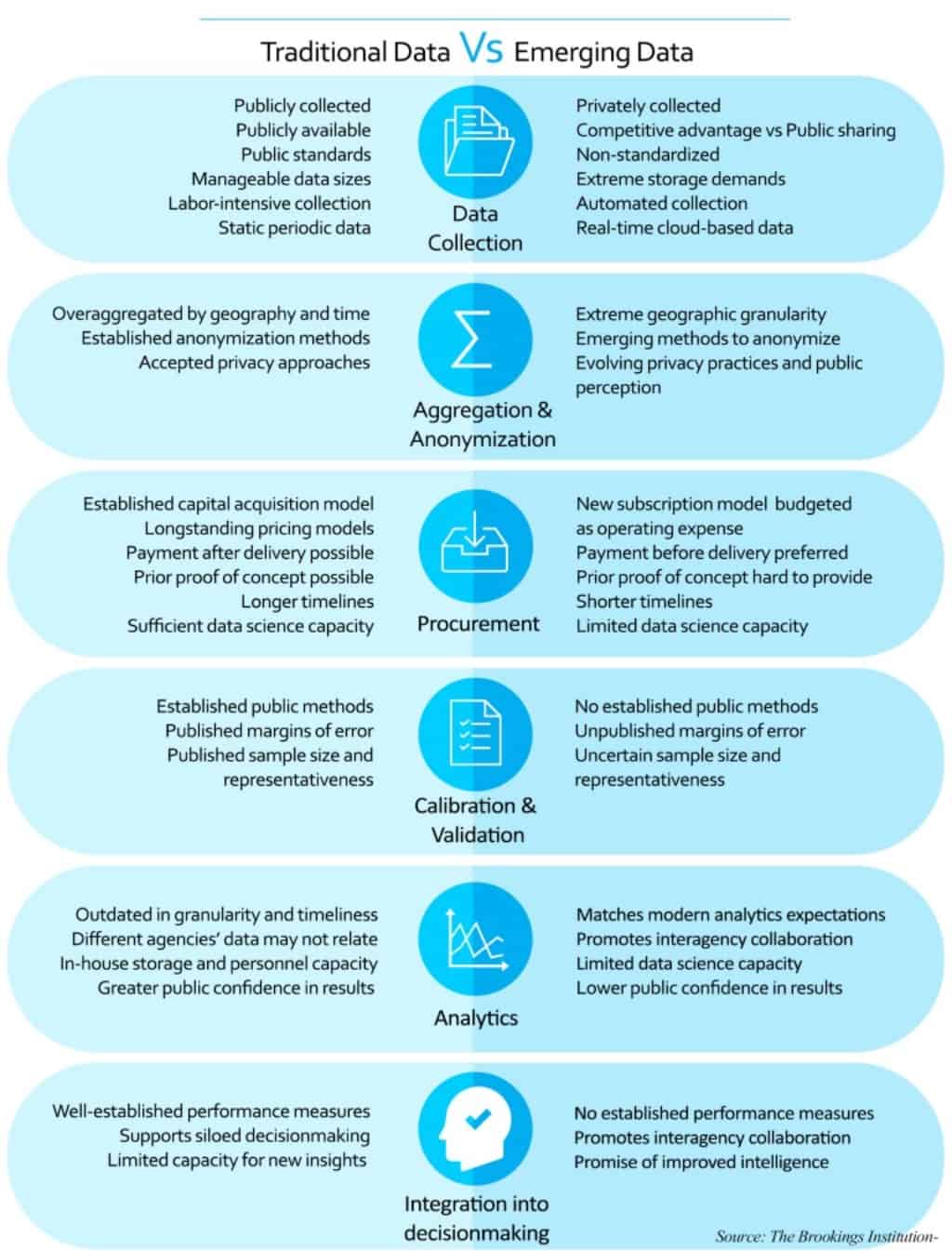Food for Thought
The Commonwealth Fund released a report evaluating of the U.S. healthcare system compared to its 10 other peer nations. Coming on the wake of the failed healthcare reform package, it feels a like taking home a bad report card on the same day as failing a test. The U.S. ranked behind the other 10 nations overall, spending the most on health care while having the lowest level of health system performance. The report concludes by noting that the three leading countries in the study-Britain, Australia, and the Netherlands-have different models of care, suggesting that our problems may be more about execution and scale than structure.
In the Weeds
Brookings released a new report examining how data is improving and challenging government capacity. A couple of points stand out.
First, several of challenges revolve around the capacity of government to utilize the data. That suggests officials and decision-makers may not sufficiently prioritize the how data can improve public service.
Second, many of the most useful datasets are not collected by the public and are only available on a subscription basis. The report found that these private datasets had utility for the public sector but were used infrequently.
The article has two useful infographics: one lists some of the most interesting datasets for governments, public and private and one illustrates some of the practical differences between traditional data use and some of the emerging data opportunities:

For Your Consideration
The Atlantic has an article this week with a provocative title-“Why Canada Is Able to Do Things Better”-and a clear slant, but two paragraphs provide an interesting frame for current policy debates. Jonathan Kay, the Canadian author, compared his tax burden in Toronto (46 percent) to what his burden would be living in Chicago (36 percent). He then considers whether the 10 percent premium is worthwhile. In his judgment, the extra tax provides him with four elements that are superior to what he would get in Chicago and ultimately worthwhile: universal health care, solid public schools, a social safety net and responsible infrastructure. Regardless of one’s opinion of the appropriate tax rates, this sort of “what am I getting for my money” is a useful way to frame some of our tax debates.


